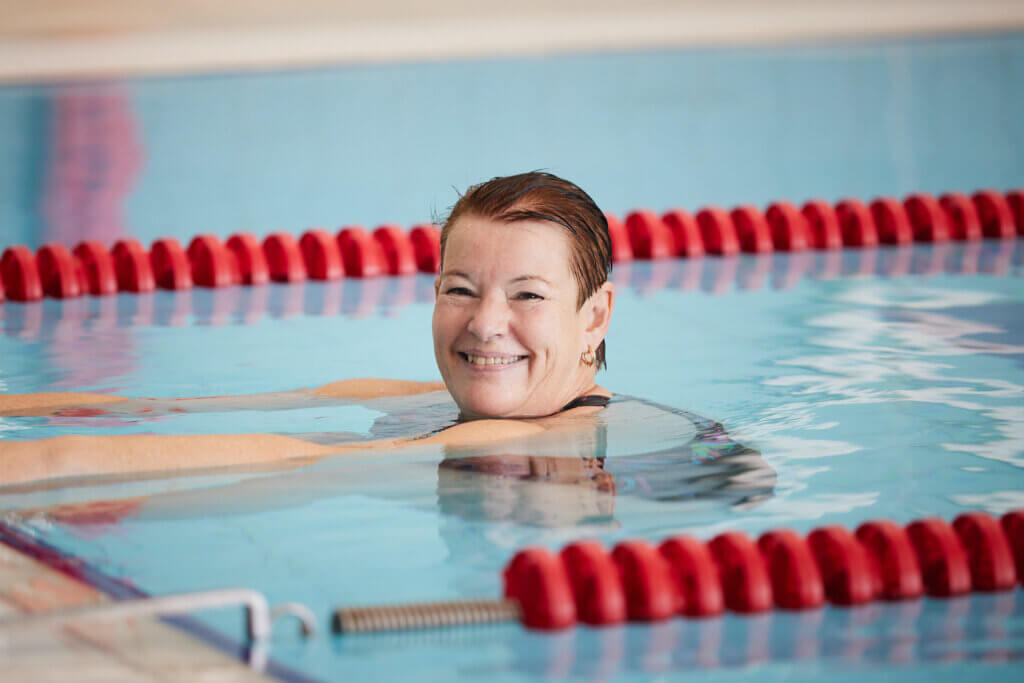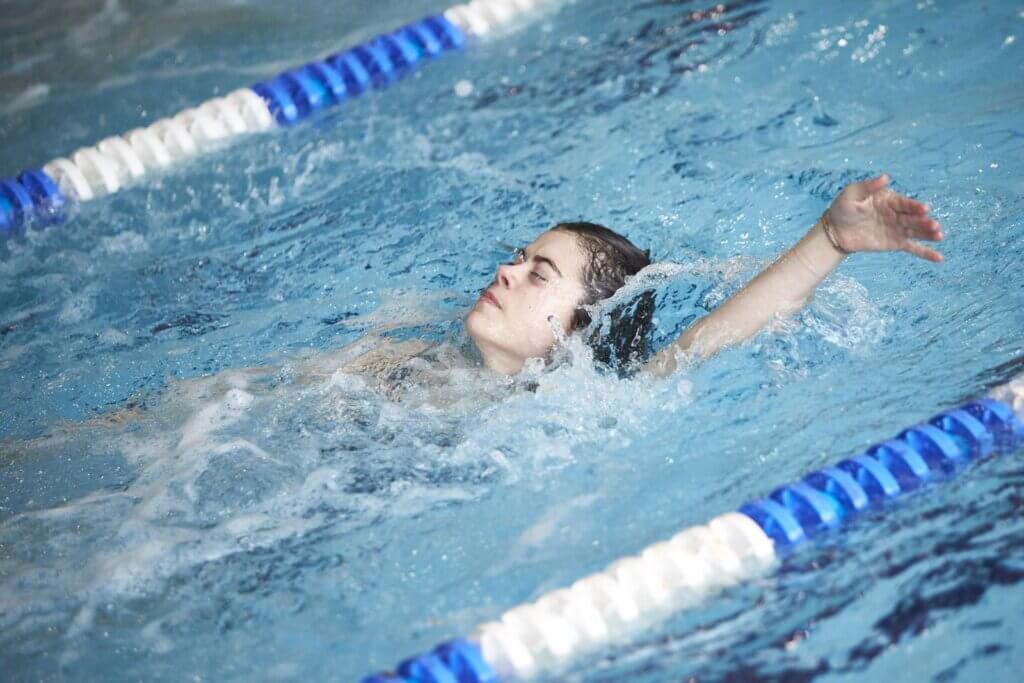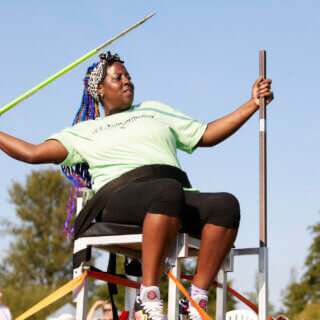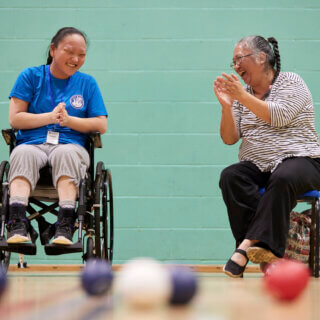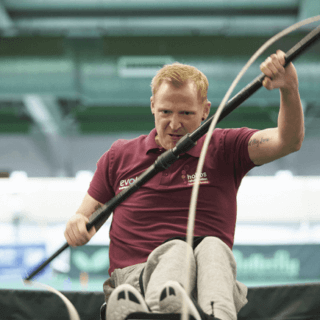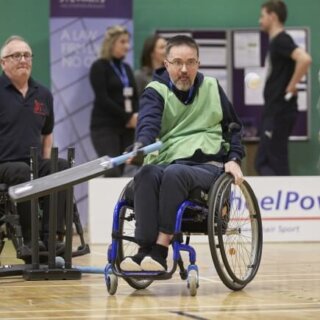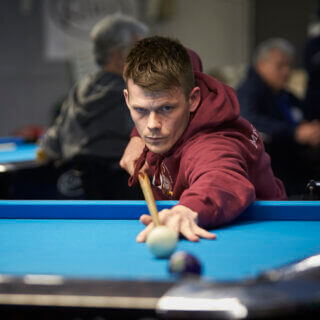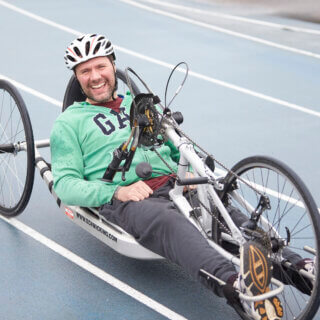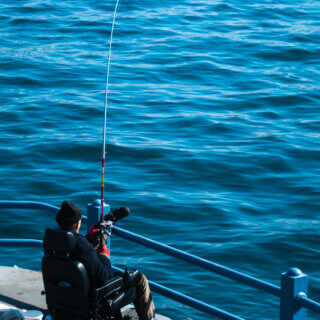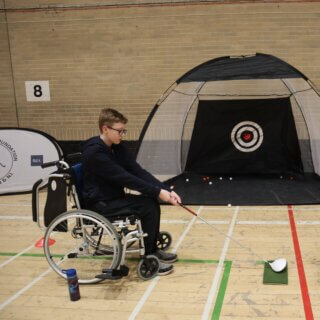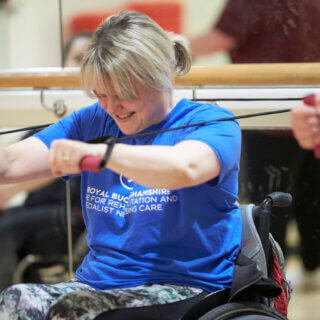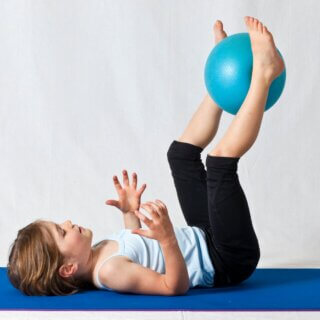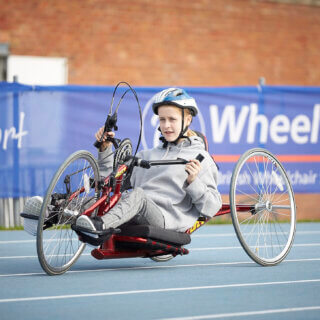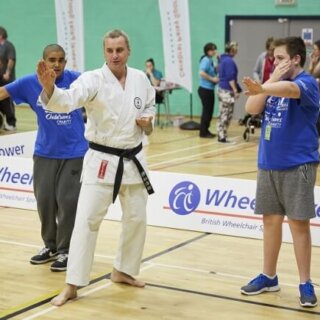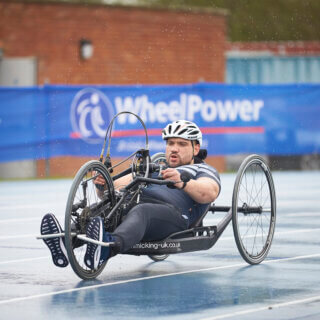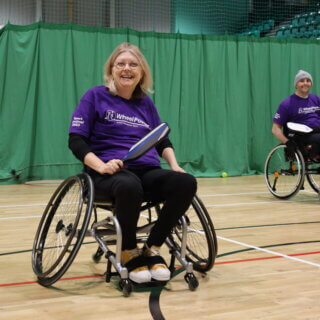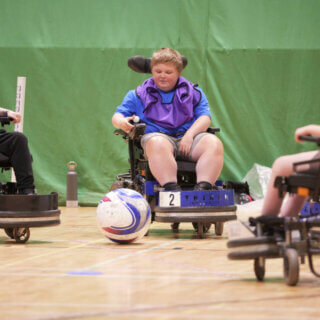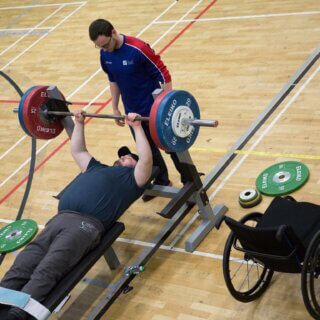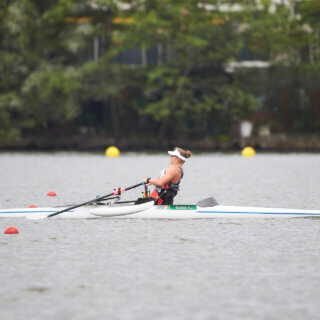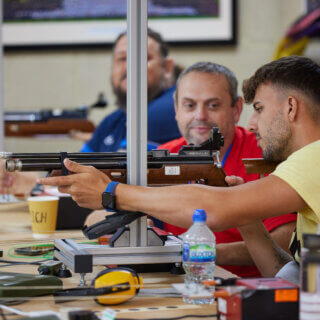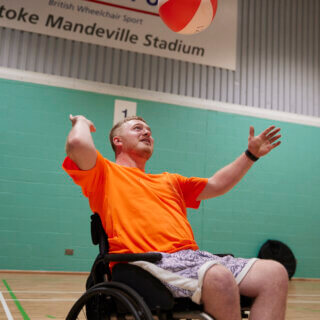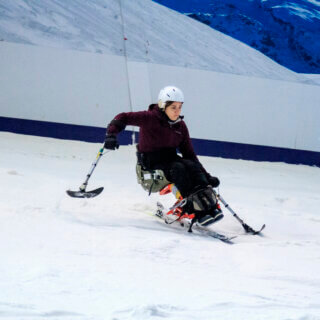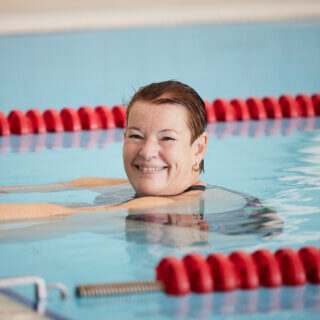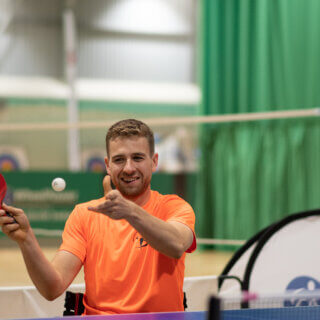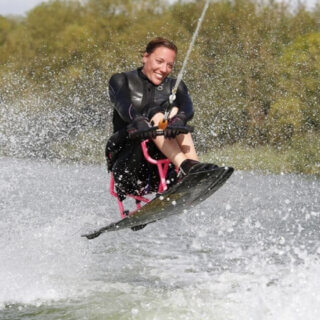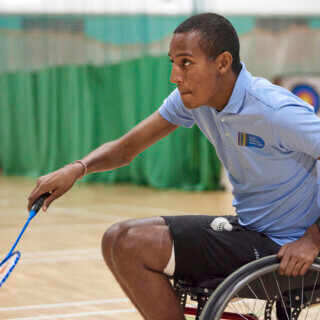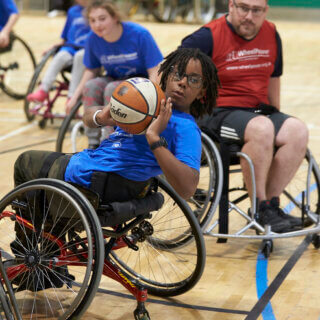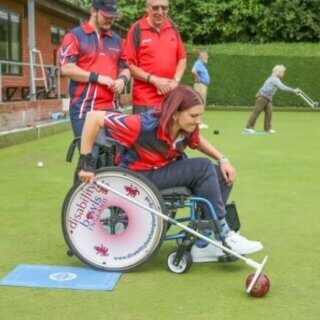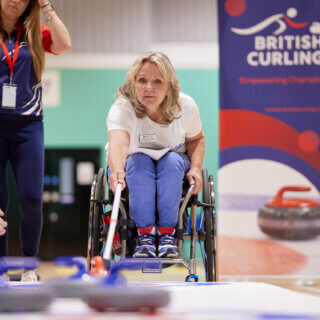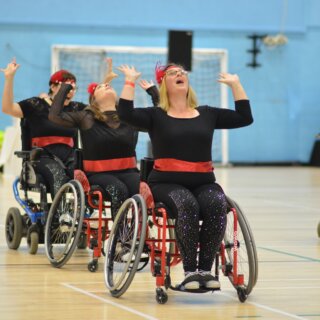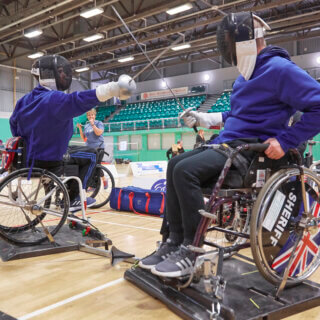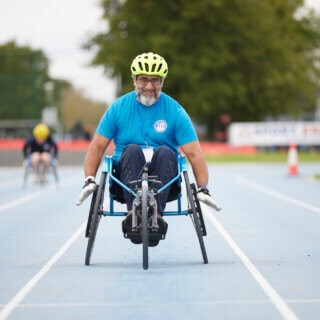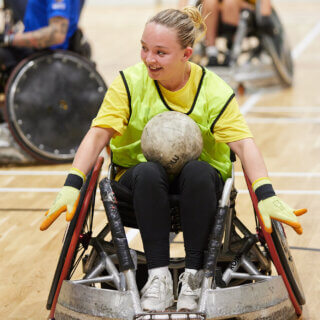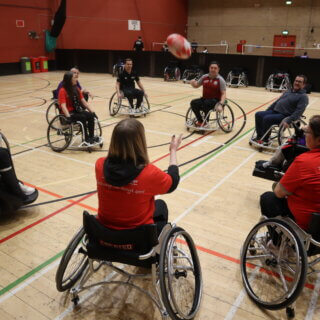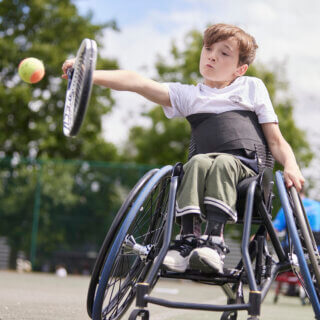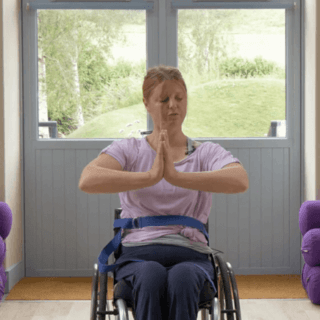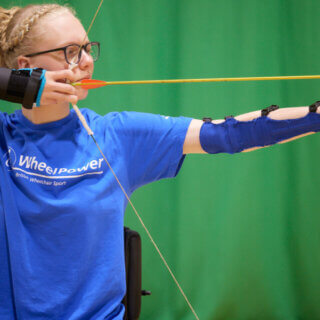
Hub Clubs specialise in providing support for disabled swimmers by working locally in partnership with Swim England to deliver advice and training for disabled swimmers. They will assess the individual swimmer at local pools and signpost to the relevant opportunity, which could be a mainstream club. Joining a swimming club is a great way to develop an interest, make friends and have fun.
Find your nearest Disability Hub Club
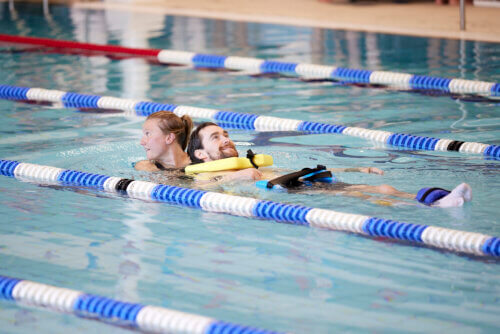
Access Considerations
The law demands that swimmers with a disability have the same access to pools as non-disabled swimmers. Access routes to pools must be wheelchair-friendly and wheelchair users must have access to the water. Electric wheelchairs powered by wet batteries are not allowed on poolside due to the risk of leakage but pool operators must provide an alternative.
Access to pools for people with disabilities is set to improve even more through the introduction of Poolpod at some pools in the UK. Poolpod is a unique lift mechanism that fits to the side of swimming pools. The submersible and mobile platform enables independent access for disabled swimmers and removes the need for a hoist or swing.
The submersible wheelchair allows users to transfer from their own wheelchair in the privacy of the changing room. Once in the Poolpod, the user activates the system using an electronic wristband, it then takes around 20 seconds to lower the platform into the water.

